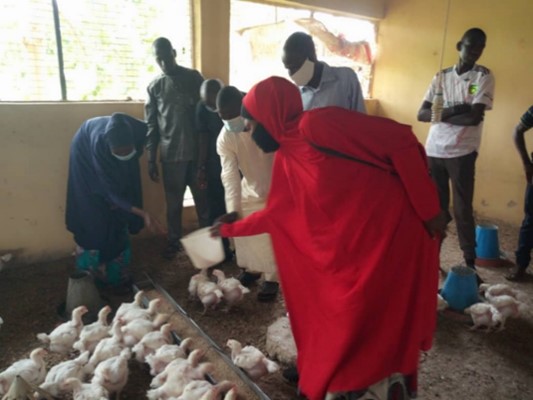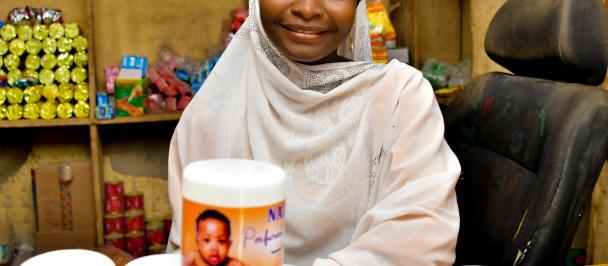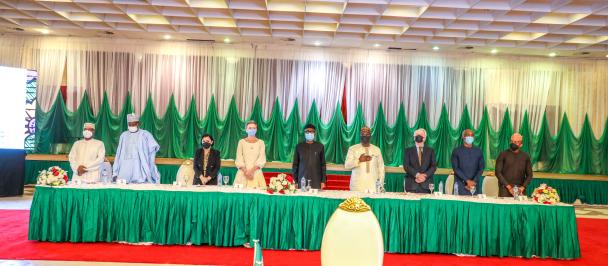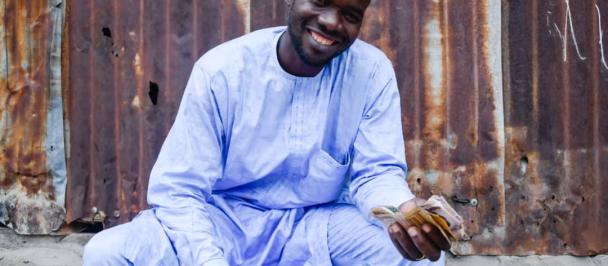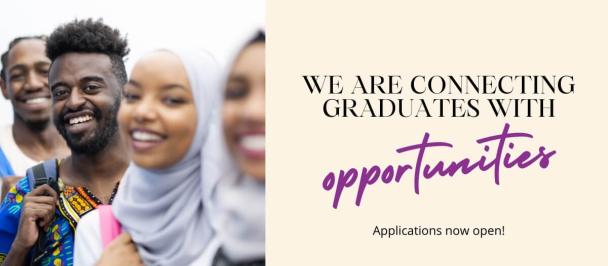In its eleventh year, the conflict in north-east Nigeria remains one of the most severe crises in the world. In the most affected states of Borno, Yobe and Adamawa, a population of about 1.9 million remain displaced. Even more startling is that one in four of the affected population is under 5 years of age. Women and children continue to be the face of the crisis, constituting over 80% of the impacted population and over 85% of new displacements.
The United Nations Development Programme (UNDP) Support for Early Recovery and Peacebuilding Project in north-east Nigeria, through Humanitarian-Development-Peace nexus approach, and generously funded by Ministry of Foreign Affairs Republic of Korea, is aimed at supporting the recovery of these conflict affected communities. This is done through the provision of sustainable livelihood opportunities, revival of essential services and reconstruction of critical infrastructure.
Under the sustainable livelihood aspect of the project, 200 women, youth and men that are returnees who were previously displaced due to the crisis, are engaged in two months of rigorous vocational skill training courses at Mohamet Lawana College of Agriculture (MOLCA) and Ramat Polytechnic Institute in Maiduguri. During the training, they are gaining skills and expertise in poultry production, cattle fattening, tailoring, welding and aluminium fabrication and computer/GSM maintenance. Upon successful graduation, the trainees are provided with a start-up cash grant for the establishment of their businesses, helping them to build back better towards self-sustainability.
Meet some of the beneficiaries from the programme to learn how this training will help communities get back on their feet.
Rakiya Ibrahim
Rakiya Ibrahim:
Rakiya Ibrahim is a 24-year-old women from Konduga Local Government Area (LGA). Prior to the insurgency, some of Rakiya’s siblings were attending school while others were engaged in various trade that generated income for the family. Rakiya herself specialized in making caps, which her mother then sold in the market. Rakiya and her family were working towards a promising future until the crisis.
“I was a young girl when the crisis started,” Rakiya explained. “The conflict started slowly and gradually spread across Borno state including my LGA. I remember when armed groups would frequently attack our town, and with time, they outnumbered the military and took over our community” Rakiya continued. “People lost their lives, houses, livestock, farmlands, and valuables. We were left with nothing.”
Rakiya was among those nominated by the council chairman of Konduga LGA, to participate in the UNDP vocational skills training supported by Ministry of Foreign Affairs, Republic of Korea. “I opted for the poultry management training. So far, I have learned how to brood day-old chicks, formulate and use of various poultry vaccines, as well as produce a schedule for healthy poultry production. I look forward to establishing a model poultry farm and plan on employing people from my community after I graduate” she concluded.
Usman Mustapha
Usman Mustapha
Usman Mustapha, from Abadam LGA in Borno State, is married with two children. Before the conflict started, his father was a tailor who provided enough support to carter for the family which enabled Usman to focus on his studies. Usman and other community members were living happily until the wake of the insurgency.
Usman reminisces, “Before the crisis, I was fully focused on my education just like my siblings. I aimed to complete graduation and was preparing to work in a public office job. Unfortunately, due to the conflict my dreams were cut short”.
After the insurgents came to Usman’s town, majority of the community residents migrated to IDP camps due to fear of more attacks. Usman’s family fled to Niger Republic and later returned to Maiduguri town. In later attacks in the village, houses, markets, shops and places of worship were destroyed. Farmlands also became restricted form cultivation.
“I received an opportunity to participate in the vocational skill training programme by UNDP with generous funding from Ministry of Foreign Affairs Republic of Korea. I opted for tailoring, and I have learnt how to take measurements, cut and sew materials just in the first month of training programme. I am enjoying the training, and I am sure that I will be able to start my business as professional tailor upon graduation.” Usman Concluded.

 Locations
Locations